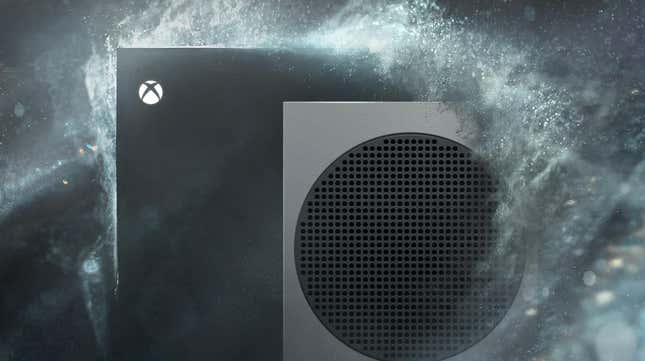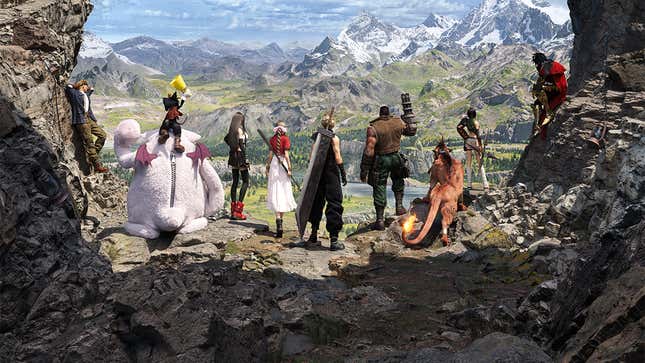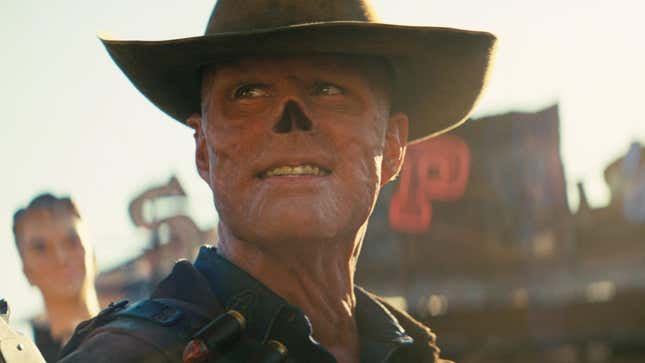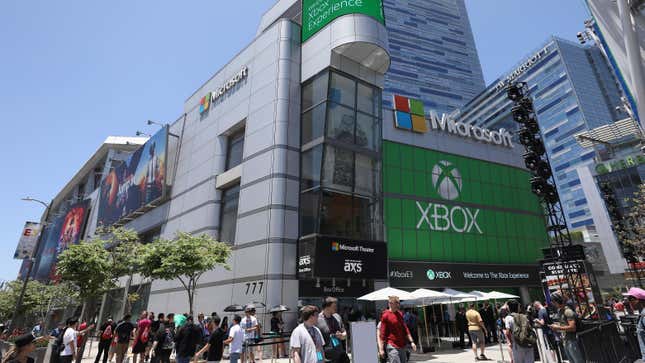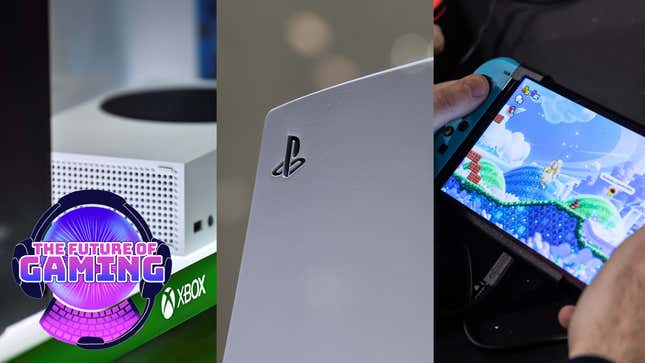
This story is part of our new Future of Gaming series, a three-site look at gaming’s most pioneering technologies, players, and makers.
As we come to the end of both 2024, and our Future Of Gaming subseries, it’s impossible not to let the urge to prognosticate take over for a bit. Gaming, as a hobby, remain joyfully unpredictable, creating moments that shock and delight us specifically because we can’t see them coming. Gaming companies, though? not so much. And so, we’ve taken a shot at trying to figure out where gaming is going in 2024. How will the industry address its widespread labor issues? What’s the next big gaming adaptation in film and TV? And, most importantly: Which game will Sony announce first: The Last Of Us Part III, or The Last Of Us Part III - Remastered?
